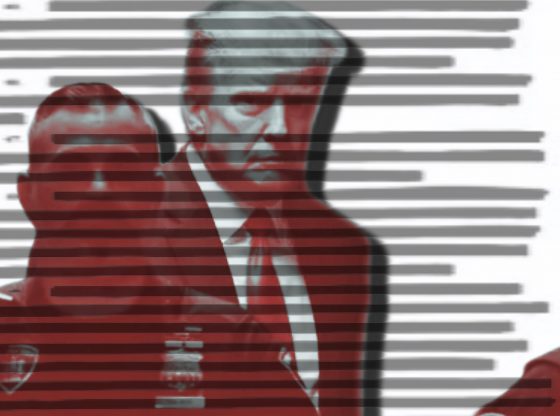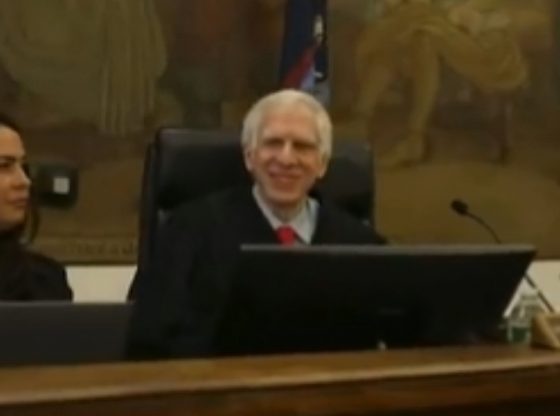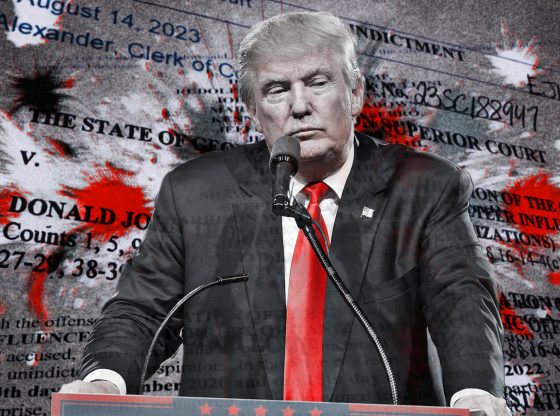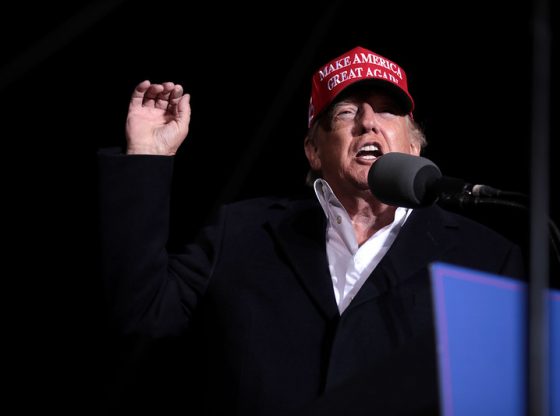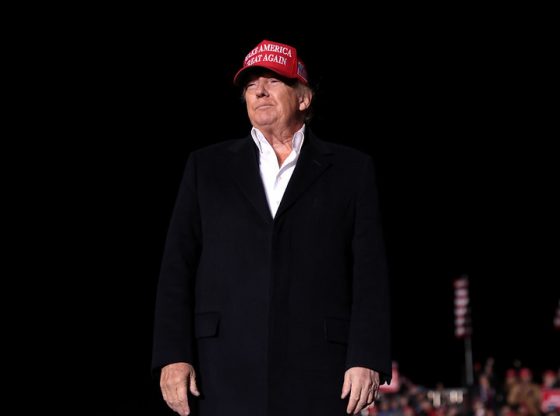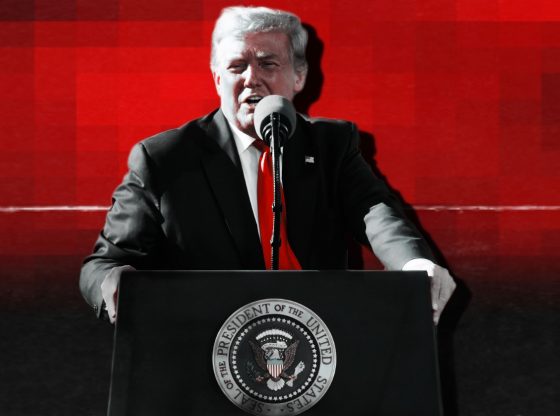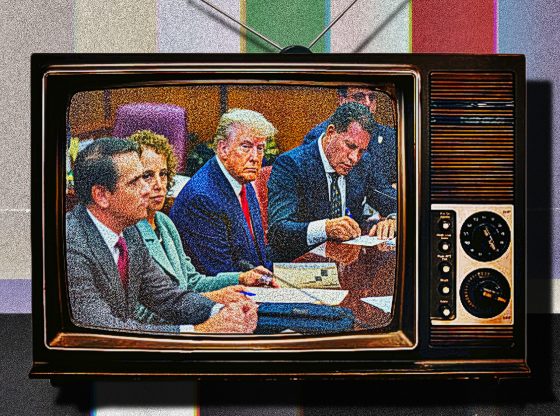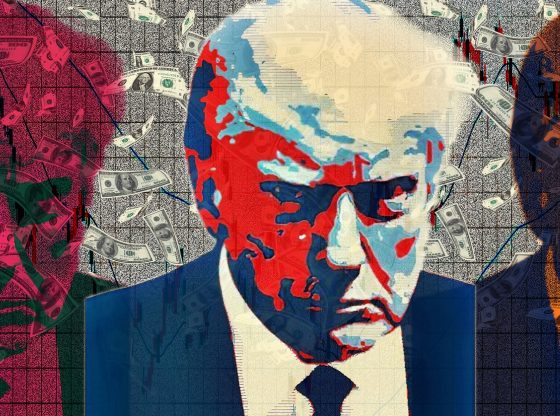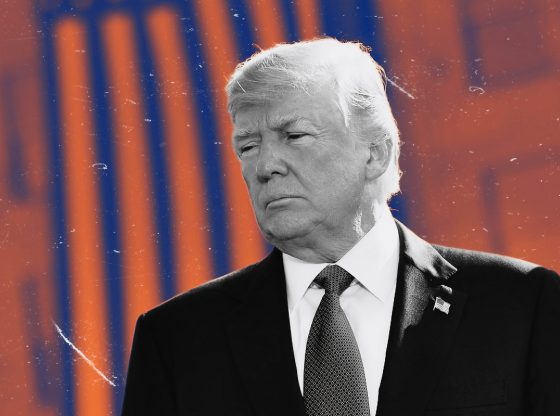Trump has received encouraging news regarding his ongoing legal case in Miami, which revolves around allegations of him unlawfully retaining classified documents after his presidency. The Department of Justice (DOJ) under President Biden has been actively pursuing Trump, possibly with the intention of impeding his potential 2024 Presidential campaign. However, Trump’s popularity remains strong, as indicated by his dominance in the polls over his GOP rivals, suggesting a likely rematch with President Biden in 2024.
Legal analyst Will Scharf focuses his analysis on two key aspects: the burden of proof and the interaction between the Espionage Act and the Presidential Records Act. Additionally, the Department of Justice’s allegations faces various obstacles, including allegations of misconduct, questions regarding timing, and underlying motivations. Interestingly, the general public appears uninterested in prosecuting Trump for an offense that President Biden himself has been recorded committing.
President Trump’s legal team has received a crucial development amidst the prevailing uncertainty: the Department of Justice has provided them with discovery materials, alleged evidence, and a witness list. This holds particular significance for President Trump, considering the challenging nature of the case.
Will Scharf expresses deep concern about the case, considering it “outrageous and shocking.” The Espionage Act, under which Trump is charged, requires a high burden of proof, necessitating evidence of his knowledge of possessing National Defense Information (NDI) and intentionally failing to deliver it to the appropriate government official. Scharf also highlights the interplay between the Espionage Act and the Presidential Records Act, emphasizing the obligation for former presidents to submit Presidential Records to the National Archives and Records Administration (NARA) while retaining their Personal Records.
Walt Nauta’s lawyer, representing Trump aide, raises allegations of potential misconduct by the Department of Justice. The timing of the indictment, coinciding with Trump’s strong candidacy and lead in polls, has led to speculation about ulterior motives. The initial discovery documents encompass Nauta’s grand jury testimony and interviews conducted by Trump with non-government entities. To prevent Trump from releasing evidence provided by prosecutors, a federal judge has issued a protective order. The employment of unprecedented legal theories in the case has generated controversy and uncertainty, further complicating the defense for President Trump’s legal team.

